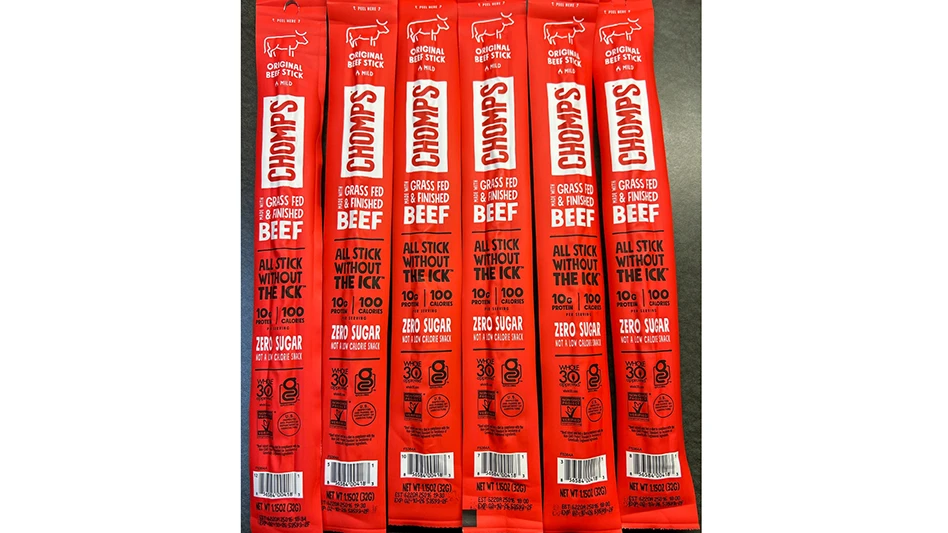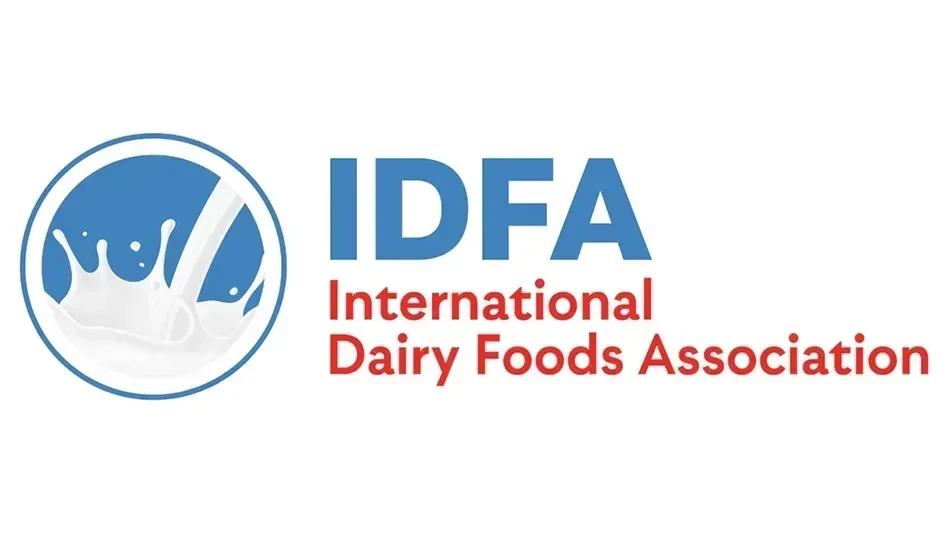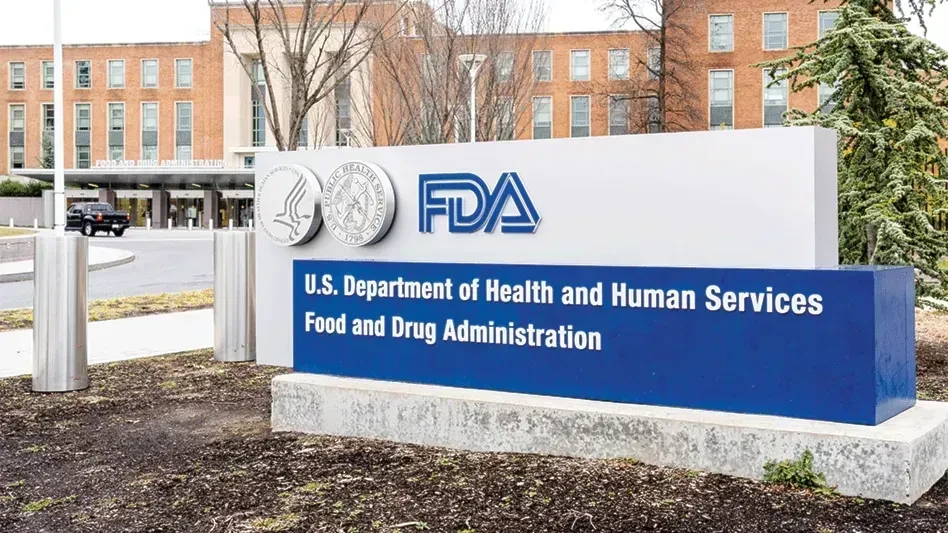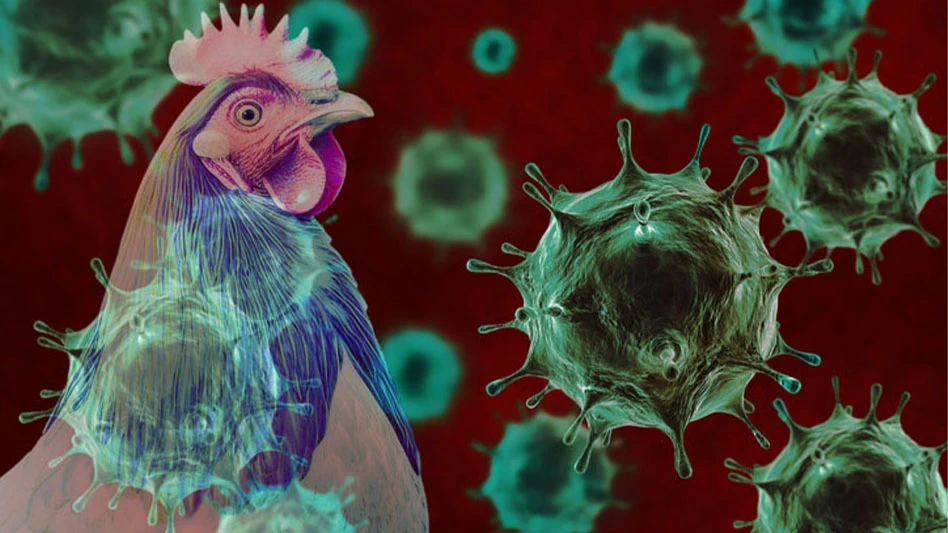The safety of seafood from the Gulf of Mexico became a central concern following the Deepwater Horizon blowout a year ago. Even after Gulf waters began reopening, consumer confidence in the safety of Gulf seafood remained shaky. A new review published in the peer-reviewed journal Environmental Health Perspectives affirms that levels of polycyclic aromatic hydrocarbons (PAHs) found in Gulf seafood samples have been well below levels that would be of concern for human health. Nevertheless, federal protocols to reopen waters to commercial fishing after an oil spill should be standardized and strengthened to better protect sensitive populations; and timely, clear communication about the results of seafood testing will help promote consumer confidence.
After reviewing toxicology reports from oil spills worldwide and examining protocols for reopening fisheries after spills, the authors recommend that Gulf seafood continue to be tested for PAHs, DOSS, and metals such as mercury, cadmium, and lead. Study authors include lead Julia Gohlke with Dzigbodi Doke, Meghan Tipre, Mark Leader, and Timothy Fitzgerald. The article, “A Review of Seafood Safety after the Deepwater Horizon Blowout,” published by the National Institute of Environmental Health Sciences, is available at http://www.ehponline.org.

Explore the June 2011 Issue
Check out more from this issue and find your next story to read.
Latest from Quality Assurance & Food Safety
- Seeding The Future Global Food System Challenge Finalists Revealed
- TraceGains Launches AI-Powered Intelligent Document Processing to Improve Ingredient Safety, Compliance
- IFT Virtual Workshop on Food Fraud Prevention to Address Supply Chain Disruptions
- Penn State Course Covers Fundamentals of Food Science
- Joint FAO/WHO Expert Committee on Food Additives Seeks Experts
- FDA Reschedules Webinar on Updated ‘Healthy’ Claim
- Thousands More Laid Off at FDA, CDC in HHS Restructuring
- USDA Extends Deadline on Request for Information for Poultry Quality Standards





